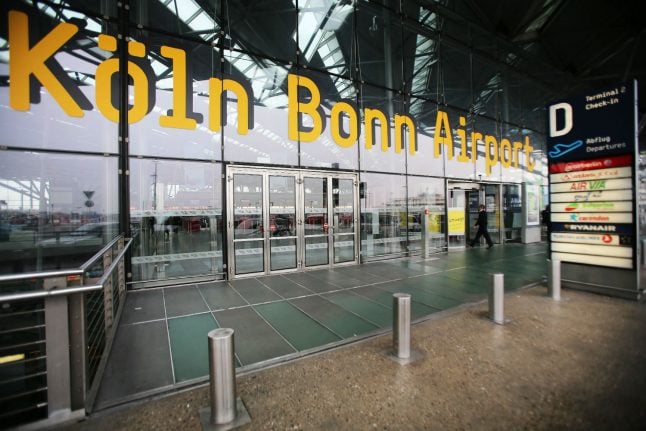Amid a backdrop of climate change and the risking flight-shaming movement, more and more people are incorporating sustainability concerns into their travel plans.
Statistics from the German Airports Association (Flughafenverband) show a 12 percent drop in German domestic flights in 2019.
Meanwhile, a Tagesschau poll from 2019 showed that almost one in four (23 percent) of Germans wanted to fly less than they currently do.
These concerns are likely to be particularly pressing for readers of The Local Germany, many of whom come from abroad and want to visit friends and family far away.
We’re reaching out to find out if environmental concerns have impacted the way you travel. If so, how much? And whether through flying less – or even changing the way you pack your bags – have you found a way to travel more sustainably?
This callout is for a commercial editorial article in partnership with bunq, a Dutch bank which seeks to incorporate environmental sustainability into banking.
Your answers will be published in The Local in a sponsored content piece looking at how to make travelling more sustainable.
By submitting a response you agree to allow The Local to use it in a series of articles and you consent to The Local publishing your name.
The Local Europe AB will never use your contact details in an article or pass them on to a third party. The Local Europe AB will not store your email address for more than three months unless you have signed up for our editorial newsletters.
Loading…
p.p1 {margin: 0.0px 0.0px 0.0px 0.0px; font: 12.0px Helvetica}
p.p2 {margin: 0.0px 0.0px 0.0px 0.0px; font: 12.0px Helvetica; min-height: 14.0px}



 Please whitelist us to continue reading.
Please whitelist us to continue reading.
Member comments